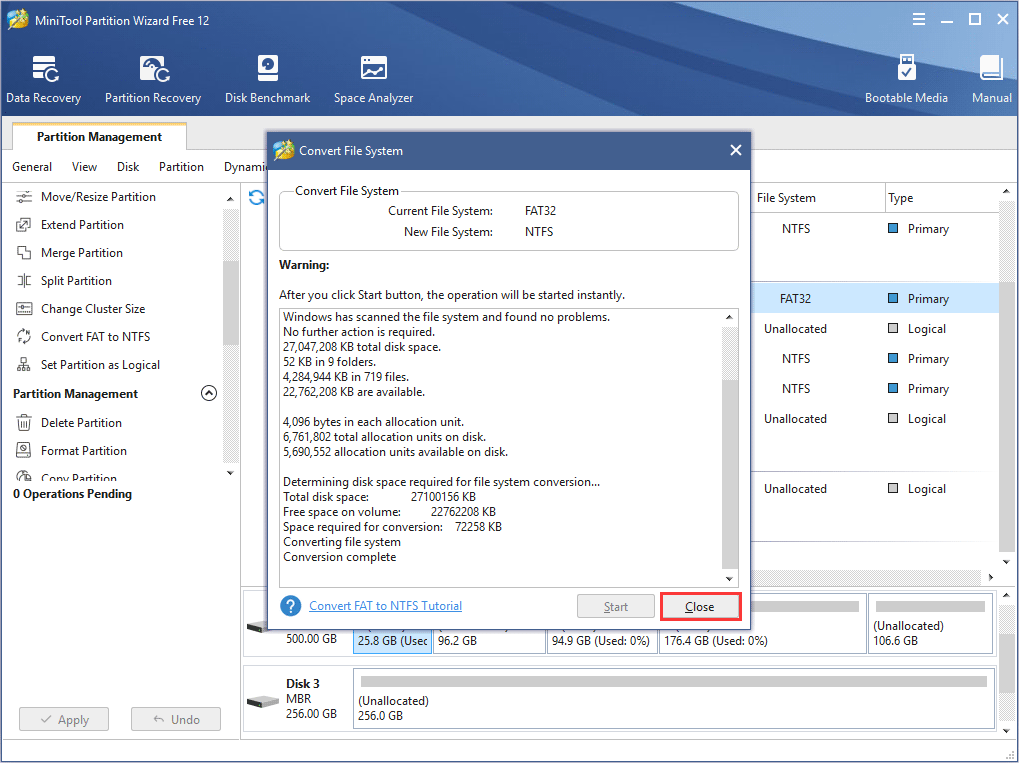

Definitely better/easier to make linux read NFTS rather than windows read linux filesystems. Like was said using EXT2FSD on windows to read linux EXT file systems is not great, nor does it help if you use BTRFS or XFS.So you need to download and install the latest version which currently is ntfs-3g_ntfsprogs-2017.3.23, released on Mafrom their website with that then having NTFS formatted drives coming from Windows 10 (as opposed to win7) works without issue. It is open-source, and included with many linux distributions, however.īeing a SLES 11.4, and RHEL 6.9 to 7.6 user, my experience with windows 10 is that something has changed in how the NTFS system is done (compared to win7) where older versions of ntfs-3g which come with your linux distro do not work with NTFS coming from win10. Problem: By default, the common FS between Windows and Linux are just exFAT and NTFS. Situation: I need a filesystem on thumbdrives that can be used across Windows and Linux. Extfsd doesn't fully support journaling, so there is a risk to write under Windows, but ext is easier to repair under Linux than exFAT. Another option is to use ext4, and mount under Windows with extfsd, ext4 is better on Linux, but the driver is not well implemented on Windows.

Personally, I prefer NTFS for its reliability. In case of corruption, NTFS can easily be repaired under Windows (even for Linux there's ntfsfix) and there are lots of tools able to recover lost files. Due to its proprietary nature it's not as well implemented on Linux as on Windows, but from my experience it works quite well. NTFS is slower than exFAT, especially on Linux, but it's more resistant to fragmentation. exFAT, also called FAT64, is a very simple filesystem, practically an extension of FAT32, due to its simplicity it's well implemented in Linux and very fast.īut due to its easy structure, it's easily affected by fragmentation, so performance can easily decrease with the use.ĮxFAT doesn't support journaling thus meaning it needs full checking in case of unclean shutdown. Both exFAT and NTFS are Microsoft proprietary filesystem.


 0 kommentar(er)
0 kommentar(er)
